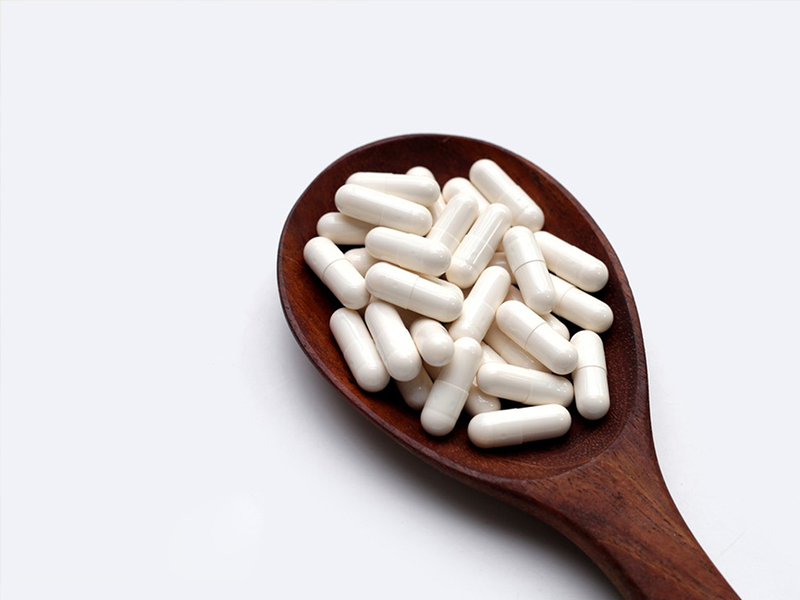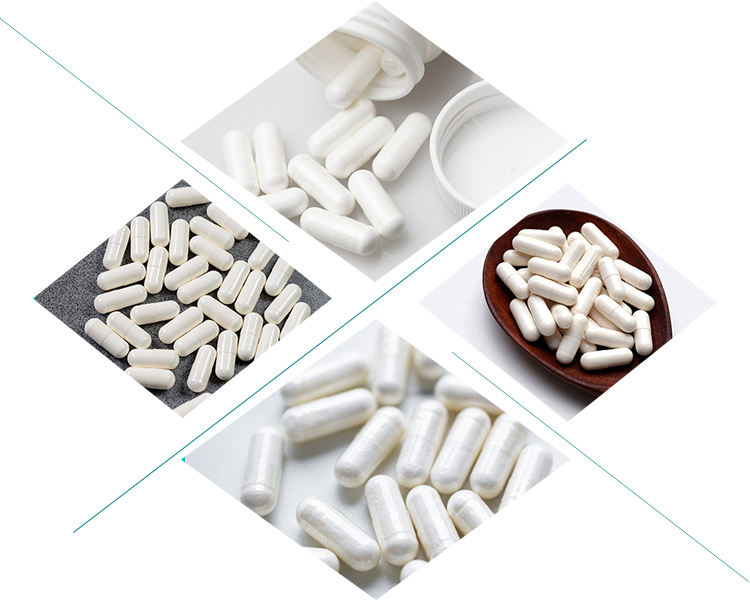L-Theanine is a popular dietary supplement primarily found in tea leaves, especially green tea. It’s known for its calming effects and potential cognitive benefits. Here’s a breakdown of its effectiveness, side effects, and special precautions:
Effectiveness of L Theanine Capsules:
Anxiety and Stress Reduction: L-Theanine is believed to promote relaxation without sedation, making it beneficial for reducing anxiety and stress. It may help by increasing levels of certain neurotransmitters like GABA, serotonin, and dopamine.
Improved Cognitive Function: Some research suggests that L-Theanine may enhance cognitive function, including attention, focus, and memory. It may also have neuroprotective properties, potentially reducing cognitive decline.

Sleep Quality: While L-Theanine is not a sedative, it may promote better sleep by inducing relaxation and reducing stress and anxiety levels.
Side Effects of L Theanine Capsules:
Generally Well-Tolerated: L-Theanine is considered safe for most people when taken in appropriate doses. However, excessive intake could lead to side effects.
Rare Side Effects: Side effects are rare but may include dizziness, headaches, and gastrointestinal upset. These are usually mild and temporary.
Interactions: L-Theanine may interact with certain medications or supplements, particularly those affecting blood pressure or neurotransmitter levels. It’s advisable to consult a healthcare professional before taking L-Theanine if you’re on medication.
Special Precautions of L Theanine Capsules:
Dosage: While there’s no established standard dosage for L-Theanine, typical doses range from 100 to 400 mg per day. Start with a lower dose and gradually increase if needed, paying attention to how your body responds.
Pregnancy and Breastfeeding: There’s limited research on the safety of L-Theanine during pregnancy and breastfeeding. It’s best to avoid it or consult a healthcare provider before use.

Children: L-Theanine is generally considered safe for children when used in appropriate doses. However, dosage and safety in children may vary, so consult a pediatrician before giving it to a child.
Allergies: Individuals allergic to tea or its components should avoid L-Theanine supplements.
Medical Conditions: If you have any pre-existing medical conditions, especially related to mood disorders, cardiovascular health, or neurological conditions, consult a healthcare professional before taking L-Theanine.
Always purchase L-Theanine from reputable sources and follow the manufacturer’s instructions for dosage and usage. If you experience any adverse reactions, discontinue use and consult a healthcare provider.
